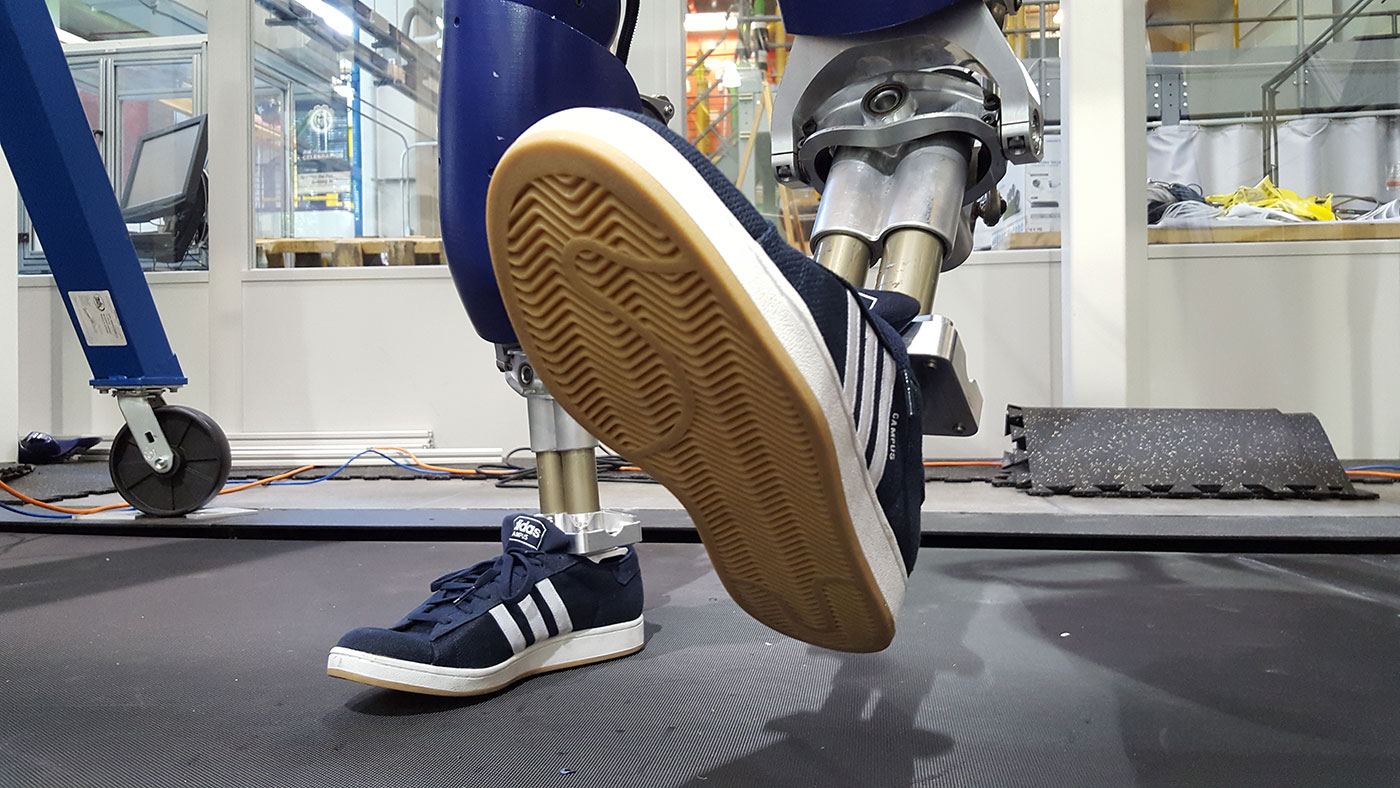
Outside of pen input, pressure sensors don't get much love these days. However, Georgia Tech has just built an extremely accurate sensor that could give pressure-based devices their due. When a user pushes down on the new invention, its grid of zinc-oxide nanowires emits light that's captured by fiber optics underneath at a very sensitive 6,300DPI. The combination of high resolution with light-speed responsiveness could lead to touch surfaces that capture far more detail than we're used to. While computing interfaces are clearly prime candidates for the technology, Georgia Tech also sees potential uses in pressure-based fingerprint readers and even devices that simulate touch with skin-like behavior. We've reached out to the school for more information regarding its long-term plans, but it already anticipates improving the sensors with more efficient manufacturing techniques. Take a closer look at the sensor after the break.
Update: We've since had a chance to follow up, and we're told that commercialization is likely five to seven years ahead.
Filed under: Science, Alt
Comments
Source: Georgia Tech
 Last time we saw the DURUS robot walking like a human, it was still doing so relatively flat footed. The folks at Georgia Tech's AMBER-Lab have improved the robot's movements to incorporate even more human-like heel strikes and push-offs. As you can...
Last time we saw the DURUS robot walking like a human, it was still doing so relatively flat footed. The folks at Georgia Tech's AMBER-Lab have improved the robot's movements to incorporate even more human-like heel strikes and push-offs. As you can...
 Last time we saw the DURUS robot walking like a human, it was still doing so relatively flat footed. The folks at Georgia Tech's AMBER-Lab have improved the robot's movements to incorporate even more human-like heel strikes and push-offs. As you can...
Last time we saw the DURUS robot walking like a human, it was still doing so relatively flat footed. The folks at Georgia Tech's AMBER-Lab have improved the robot's movements to incorporate even more human-like heel strikes and push-offs. As you can...
 Today on In Case You Missed It: You may want to switch careers after seeing the chocolate formula MIT researchers got to dig into; Georgia Tech came up with a heads up display for biometric tracking and environment information for firefighters; and...
Today on In Case You Missed It: You may want to switch careers after seeing the chocolate formula MIT researchers got to dig into; Georgia Tech came up with a heads up display for biometric tracking and environment information for firefighters; and...
 Today on In Case You Missed It: The Georgia Tech Research Institute studied how people would react to a robot with clearly labeled 'emergency guide' signage, during a fire drill. Researchers thought humans would ignore the robots and go straight fo...
Today on In Case You Missed It: The Georgia Tech Research Institute studied how people would react to a robot with clearly labeled 'emergency guide' signage, during a fire drill. Researchers thought humans would ignore the robots and go straight fo...
 Let's face it: most of us will never be great drummers. Despite our stellar air drumming skills, it's just not going to happen -- no matter much we listen to Neal Peart. Researchers at Georgia Tech developed a robotic arm that gives drummers an extra...
Let's face it: most of us will never be great drummers. Despite our stellar air drumming skills, it's just not going to happen -- no matter much we listen to Neal Peart. Researchers at Georgia Tech developed a robotic arm that gives drummers an extra...
 Today on In Case You Missed It: Delivery company Starship Technologies will begin testing sidewalk-scooting autonomous delivery robots next year in London and the U.S. They can go up to 4 miles-per-hour and carry about 20 pounds worth of whatever i...
Today on In Case You Missed It: Delivery company Starship Technologies will begin testing sidewalk-scooting autonomous delivery robots next year in London and the U.S. They can go up to 4 miles-per-hour and carry about 20 pounds worth of whatever i...
 Why are robot tumbles comedy gold? Unlike humans, they make no effort to protect themselves, resulting in flailing, extra hard falls (bottom). But the high-g impacts are hell on the extremely expensive, often one-of-a-kind machines, so researchers...
Why are robot tumbles comedy gold? Unlike humans, they make no effort to protect themselves, resulting in flailing, extra hard falls (bottom). But the high-g impacts are hell on the extremely expensive, often one-of-a-kind machines, so researchers...



